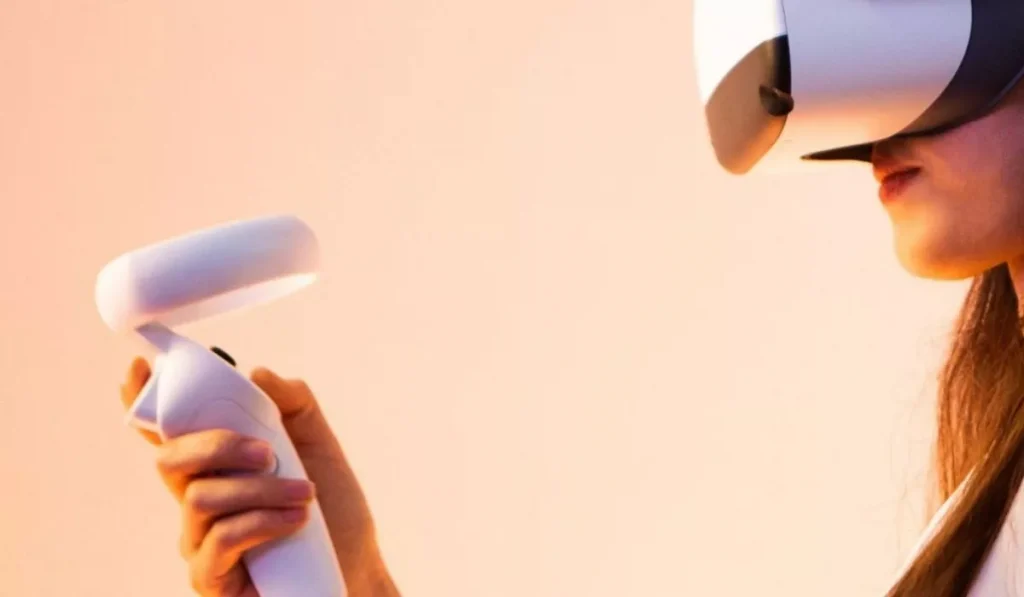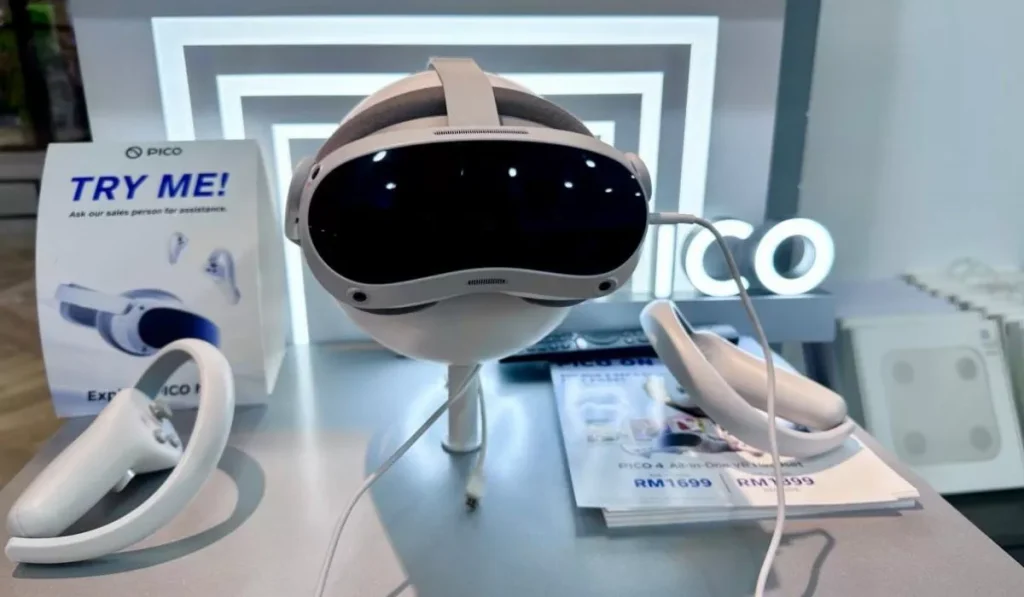Pico, the virtual reality (VR) division of ByteDance – the parent company of popular social media platform TikTok, has announced a new round of job cuts as part of a restructuring plan following diminishing sales of its VR headsets in the Chinese and overseas markets.
According to two unnamed staff members, Henry Zhou, the founder and chief executive of Pico, informed employees during an internal meeting on Tuesday that the company would be scaling back its marketing, studio, video, and platform departments while retaining its hardware and core technology teams.
Apparently, Zhou admitted that the VR industry was still in its infancy and Pico’s expectations for the market were “overly optimistic”.
China’s Largest VR Company Lays Offs Hundreds Following Diminishing Headset Sales
While Pico did not reveal the specific size of the job cuts, reports by a Chinese local media revealed that several hundred employees are expected to be affected by the lay-offs. The company had already conducted a round of layoffs earlier this year that saw some divisions being trimmed by as much as 30%. As of date, Pico has over 1,000 employees.

Pico was acquired by ByteDance in 2021 at a time when the excitement surrounding the “metaverse” was at its peak, with many industry leaders touting it to become the next big trend in consumer technology.
The TikTok parent invested more than $1.3 billion in Pico and focused on expanding its operations aggressively by establishing teams to create video and game content for VR devices. ByteDance positioned Pico as a direct competitor for Meta and pushed it to become the leading VR headset maker by volume in Mainland China.
Market research firm Counterpoint highlighted that Pico devices accounted for more than 50% of the Chinese VR market in the first half of 2023.
Last year, Pico launched its flagship Pico 4 headset, which drew favorable comparisons with the Meta Quest 2. At the launch event, the company’s CEO told the media that they plan on selling more than 1 million units of the device. A claim that is now considered to be an overstatement.
As artificial intelligence caught the attention of the tech industry late last year, demand and enthusiasm for VR and AR waned.
ALSO READ:- Modern Warfare 3: New Weapon Progression System Fixes MW2’s Biggest Flaw
VR and AR Sales Decline as Tech Industry Moves Onto Greener Pastures With AI
As per a report published by tech research firm IDC in September, global shipments of AR and VR headsets declined for the fourth consecutive quarter. The report forecasts total sales this year to reach 8.5 million units, a 44.6% drop in year-on-year sales volume during the second quarter of 2023.
IDC also noted that Meta’s decision to increase the price of its widely popular Quest 2 headset did not sit well with consumers. This combined with aging hardware from other manufacturers negatively impacted the market’s growth, added the report.
Sony, the maker of the world’s most sought-after gaming console, the PlayStation, launched the PSVR2 headset in February 2023. Despite the device becoming the second biggest-selling VR headset in China, behind only Pico, experts say the virtual and augmented reality market continues to decline due to a lack of compelling games or business software tools.
Counterpoint also reported that China’s VR shipments declined by 56% in the first half of this year compared to the same period in 2022. Thus, ending two years of growth for VR and AR tech in the domestic market.
Demand for the devices was curbed by downward pressure from the global economy due to rising inflation. Pico’s latest restructuring effort underscores yet another slow year for worldwide shipments of AR and VR headsets.
ALSO READ:- Google’s Got a Problem: How Epic Games Is Shaking Up The Tech Industry
Apple’s Vision Pro Could Trigger a Comeback for AR and VR Devices
However, there is light at the end of the tunnel as IDC predicted a rebound in AR and VR shipments in 2024 when a 46.8% year-on-year growth is expected across the sector. Interestingly, this timeline aligns with the forthcoming launch of Apple’s Vision Pro mixed reality headset in the US market, which is expected to go on sale in January.
Market experts are hopeful that the Meta Quest 3, PlayStation VR2, and Apple Vision Pro could trigger the much-needed growth prospect for a product and technology that has struggled to break into the mainstream consumer market for almost a decade.
On November 7, Pico released a statement that did not comment on the job cuts but rather indicated that it has decided to restructure the firm’s business model to focus more on hardware and core technologies. Amid the adjustments, the company will continue to sell its flagship Pico 4 headset and also offer other services to customers.
Meanwhile, the tech market anticipates Vision Pro’s launch to boost the adoption of AR, VR, and mixed-reality headsets.
